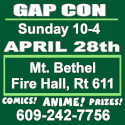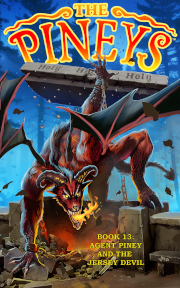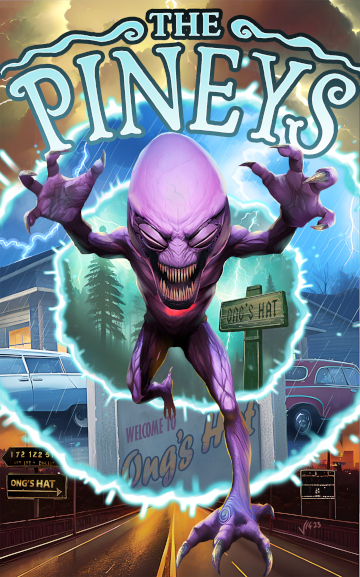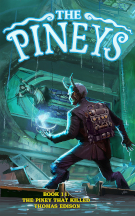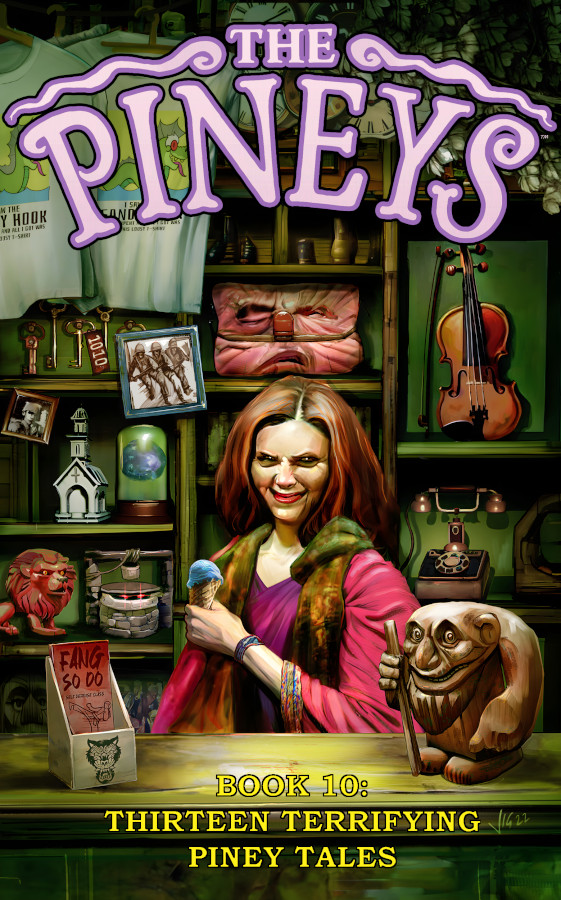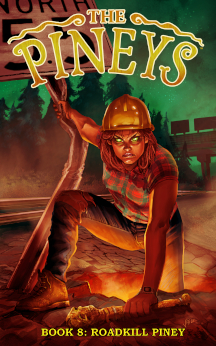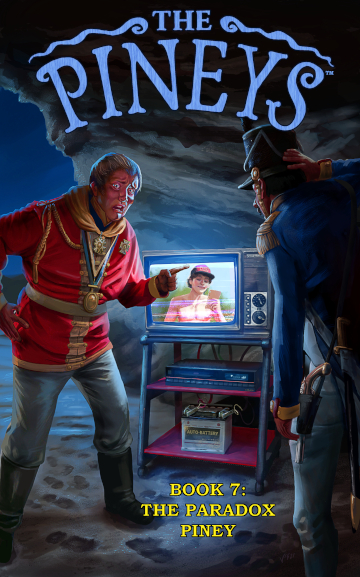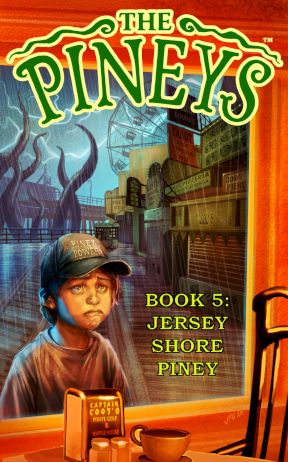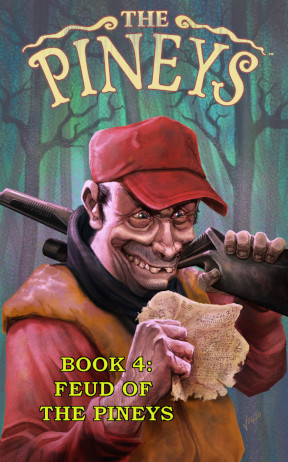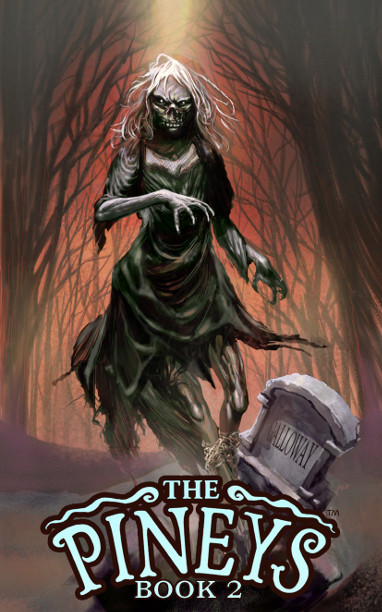Life Skills for Fanboys: Franchise Worship
on February 10, 2014 at 12:01 amLife Skills for Fanboys: Fixing the Face of Geek
written by Tony DiGerolamo, Copyright 2014
To further my goal of helping fellow fanboys, I have included an index of links of previous columns with their topics. Don’t take it personal, I’m just trying to help. Previous columns are indexed at the end.
What’s a Franchise?
With regard to geek community, franchises are movie and TV show franchises. Some are old and some are new. Reporters often call these kinds of franchises genre entertainment and their fan base a “cult following”. Sometimes they are consider “cool” to like because they appeal to a very broad base of fan. Other franchises are more inside and appeal only to the hardcore fan base, i.e. one of the geek sub communities.
The Good
A strong franchise tends to have great financial backing. It’s marketed well, so most potential viewers know about it. Because it gets wide distribution, there’s more likely of a sequel or a next season. And when a strong franchise has a good fan base, the creators can sometimes explore the characters and drama far longer than if the franchise crashes and burns.
The Bad
Besides the opposite of the above, some franchises are just awful, but if their backers have deep pockets the sequels and seasons may drag on. Or, the worst, a good franchise drags on until it is no longer any good. The corporate entities just squeeze whatever money they can out of the loyal fan base.
The Exploitation
I think we all know the franchises I’m talking about, fanboys. Two in particular have taken up a lot of space, you might say. And while show business has always been a business, these days franchise are being run less like creative enterprises and more like production lines at a factory. Yet the fans, mostly because of the franchises’ early glory days, continue to hang on, hoping for a comeback.
The Bar
But the bar for every fan is not the same. Even in the geek community, there are fans that are far more tolerant of a retreaded plot and poor dialogue, as long as the prerequisite special effects are on board. There’s nothing wrong with that, I’m merely acknowledging the bar.
But even for fans with low bars for entertainment, they eventually move up that bar. It can’t stay low forever. And quite frankly, it doesn’t take all that much to hire a decent writer. Writers simply aren’t valued in the studio system. They are “needed”, but these days, studios put far more emphasis on hitting the perceived marketing points for various demographics (these days, women demos are key) than anything else.
One very popular franchise on TV right now is huge, but to me, it’s dead. Even undead you might say. That particular franchise has had various problems, especially with its staff and seems to be blindly targeting the female demographic to the point of absurd plot twists.
What Should Be Done if Anything
I’ve avoided mentioning franchises by name because I wanted to avoid an argument about my personal tastes. That’s not what it’s about. It’s about what the geek community supports. For far too long, I’ve see conventions and, by extension, the geek community, support TV and movie franchises that either A) had little to do with the geek audience, B) was cynically trying to exploit the geek audience or C) was just plain terrible.
I’m not saying there’s an easy line to be drawn here, but where is the line? I don’t see it. When I go to shows, it seems like any half-baked movie or TV franchise can get promoted. The San Diego Comic Con now promotes so many TV shows and movies each year, there seems to be no line. If you’re going to open the show up to everyone and everything, it ceases to be special.
So if every “norm” is going to show up at, let’s say, Convention X. And they’re going to promote all TV, all movies along with geek stuff. Wouldn’t the geek stuff get pushed to the side? I mean, geek stuff has traditionally been niche. We’re niche outside the con. If we get pushed to niche inside the con, it ceases to be our community.
The Line
There needs to be one. I’m not sure who should draw it and I’m not sure what should be on either side. Some franchises are decades old and are currently a great time. While others seem to be raveling off into space.
Maybe if the fan base were more discerning, a franchise like Firefly would still be around.
If we let the makers of the movie and TV franchises define us, we’re at the mercy of what they create. Star Trek conventions, when they were created, almost single-handedly saved the franchise from oblivion. Fan pressure can do good things and keep good shows going. But bad shows continue to hang on because fans are sometimes, well, lazy. I knew a guy that was buying Avengers long past their good years, just to keep his run in tact. I said, “Why keep buying if all you do is complain about it now? Your Avengers are over.” He eventually stopped buying, as well he should. How else was Marvel going to get the message to get their act together?
Education
Education is really the answer. Young fans may not know just how awesome the original Star Trek series is or how great the Fantastic Four was under Jack Kirby. It’s not about making fans like what you like, it’s about exposing them to quality stuff. Once you’ve have a good steak, it changes your view of crappy hamburgers.
So do a fan (and yourself) a favor, educate them about the good stuff. And when a franchise is past its prime, don’t be afraid to say so. And when it returns with renewed vigor, don’t be afraid to watch it again.
It’s time to be a bit more discerning, fanboys.
Previous Columns
The Line Between Fans and Pros
Stop Bringing Your Kids to Cons
